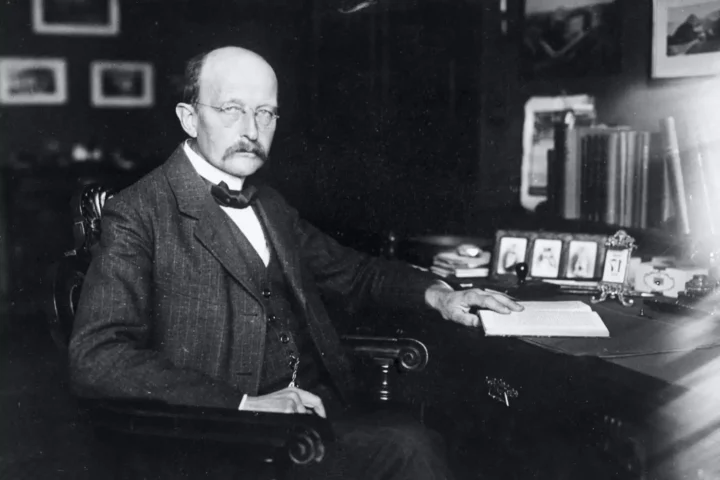Official Version
At a time when the United States has various laws governing data protection, such as the Information Privacy Act, the Health Information Protection Act (HIPAA) and the Consumer Online Protection Act (COPPA), the European Union has gone further and unified the protection of personal data in one General Data Protection Regulation (GDPR) document. The GDPR was introduced by the European Union in May 2018. This regulation was created to ensure a uniform set of data protection rules and regulations throughout the EU.
The history of GDPR begins in 2012, when the European Parliament began work on new data protection legislation. Then lengthy consultations and negotiations were held with representatives of the EU Member States, business and the public. The result of these efforts was the text of the General Data Protection Regulation.
Commitments of Companies
The GDPR was forced by the EU government as legislators decided they needed to provide a higher level of data protection for EU citizens. Despite this, the initiative also received support from users who wanted more transparency and control over how their personal data is used. As a result, the GDPR was created to protect the personal data of EU citizens by requiring companies and organizations that collect, process and store such data to comply with certain rules and regulations.
The GDPR sets high standards for data protection, including rules regarding consent to data processing, notifications of security breaches, and requirements for companies to protect personal data. Companies and organizations that do not comply with the GDPR can be fined millions of euros.
Unofficial Version
There is a conspiracy theory that the ultimate goal of the GDPR by the government is to add another banner on every site on the internet to annoy you to hell!
Yes, there were few banners offering to subscribe to notifications. Every time you have to refuse notifications, otherwise marketers will literally fill your time with notifications. And, of course, the banners are made as convenient as possible for subscribing and as inconvenient as possible in case of cancellation. In case you accidentally clicked on the “Subscribe” button, then you will look for a long time where to turn off these annoying notifications that constantly interrupt your online surfing.
So, a typical user experience on most sites is when you open the site from such banners that you will close, such as:
- Subscribe to notifications
- Hot offer from the company
- Accept the rules of the privacy policy
And so on many sites, and the more you surf the Internet, the more such banners you need to click. At first you can live with it, but then it starts to annoy you. Sometimes you just want to see a pie recipe or read the news, but no, another GDPR banner has given you the opportunity to agree that the pie recipe you are looking for is confidential.
Now every company is forced to require your consent to the use of cookies. According to the GDPR, the use of cookies can be considered as the processing of personal data, as they may contain information that can directly or indirectly identify the user. This means that organizations using cookies must comply with certain requirements of the GDPR. Some companies have gone further and offer fine-tuning of what data can and cannot be collected. Like you really want to get into the ins and outs of how tracking and ad targeting technologies work. Who would have thought that cookie consent would become a top priority in your online experience?
Private Search of Pie Recipe
History says it all started with the discovery that some large companies such as Facebook, Google, and Cambridge Analytica were collecting and using users’ personal data without their explicit consent. This became known thanks to the investigations of journalists, activists and regulators. Yes, journalists found out that some companies may know what kind of pie recipe you were looking for and moreover, they may know whether you got it in the end or whether you screwed up this idea, seeing how much time you need to spend. Or maybe it didn’t work out for you at all and you ended up in the hospital that same evening, making a post from there and indicating a geotag.
Such investigations caused a wide resonance in the media and the public, which in turn led to increased interest in data privacy and the protection of personal information on the Internet. One of these questions: what were you looking for, what did you buy and what did you poop? And if you didn’t poop, then you probably burped?
Legislation, such as the GDPR in the European Union, was initiated by governments and regulators in response to public pressure and rising citizen concerns about online privacy. I wonder from whom such an initiative came? What are you looking for, my friend, guns or drugs? Why you care so much about your privacy? Or maybe, oh God, you are interested in child porn?
It cannot be said that any specific people or organizations were behind all this, since it was the result of a broad public initiative and pressure (what a cruel world we live in). And as they say, when you are to blame, it means it is 100% your fault, and when you share the blame with someone, it is already half the blame, and if you share the blame with the entire public, then you can’t find the culprit.





